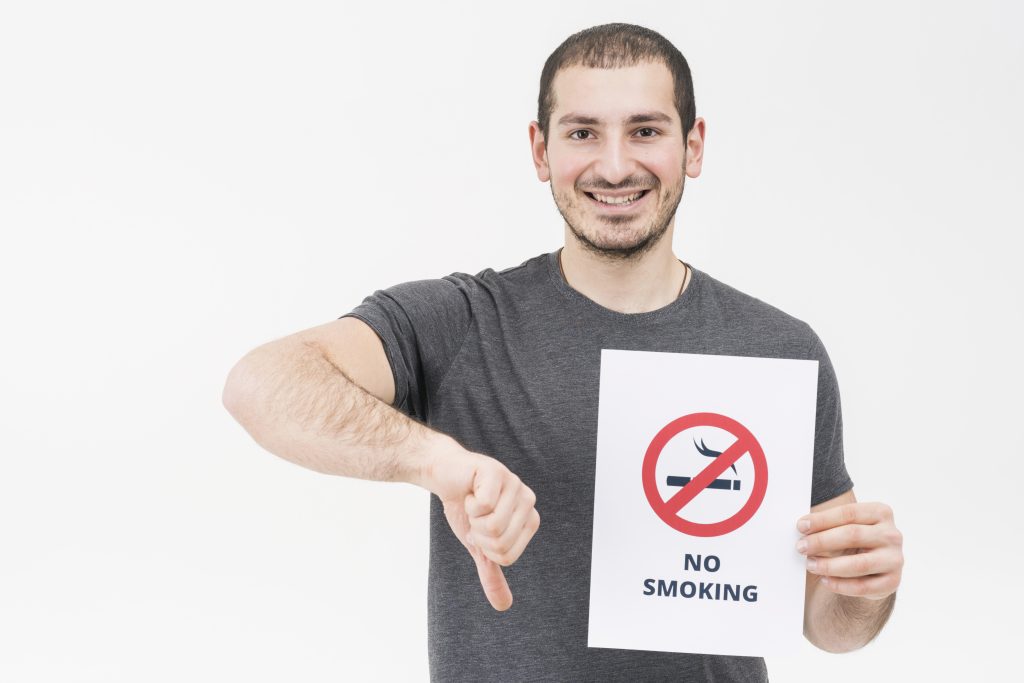Asthma is a chronic respiratory disease affecting individuals of all ages. However, it is of more concern to see children suffering from it. Recognizing early signs of asthma in a child is important for parents about timely intervention and its effective management. With the proper approach to treatment, asthma can be managed, and hence children can lead active and healthy lives.
Recognizing Early Signs of Asthma
In children, asthma mostly has mild symptoms, which could be easily mistaken for other respiratory conditions. However, some signs can turn out to make a difference and single out asthma from colds and allergies. These include:
Repeated Coughing: This is the most common early sign of asthma among most children who suffer from a persistent cough. The cough is highly predominant during the night or very early in the morning. The cough might even increase during exercise or after being exposed to cold air.
Wheezing: Wheezing is the high-pitched whistling sound that a child makes during breathing. Wheezing due narrowing of the airways, constitutes the classic symptoms of asthma. Although wheezing may occur as part of other conditions, episodes of wheezing that are frequent or recurrent raise suspicion for asthma.
Difficulty Breathing: Particularly following or during physical activity, the inability to breathe properly may indicate asthma. They may complain about themselves being tired or not able to play along with other kids.
Chest Congestion or Pain: Asthma is sometimes manifested by children complaining about chest tightness or pain, possibly as a result of exertion, cold air, or allergen exposure.
Common Asthma Triggers in Children
Knowing what triggers your asthma or makes it worse is the first step to control. Common asthma triggers are outlined as follows:
Allergens: Common allergy causes are from the following substances: pollen, dust mites, pet dander, or mold.
Respiratory Infections: Cold and flu viruses may cause increased asthma symptoms, especially in young children.
Environmental Factors: Tobacco smoke, pollution, and strong odors may trigger asthma attacks.
Exercise: Activities, particularly those executed in cold or dry air, can initiate an asthma attack in children.
Effective Management of Childhood Asthma
Early detection of symptoms of asthma and asthma triggers allows for the successful implementation of effective management. The following may be considered:
Medical Diagnosis: Asthma requires one to seek medical attention for diagnosis in case he or she has asthma. Diagnosis typically involves a thorough medical history taken from the patient, physical examination, and lung function tests.
Medication: The doctor may prescribe the use of medication like bronchodilators for symptomatic relief or inhaled corticosteroids to reduce inflammation, depending on the degree of symptoms the child is experiencing. It is important to continue with the prescribed medication and follow up regularly with a doctor to monitor the progress of the child.
Conclusion
Asthma does not necessarily limit activities or quality of life for a child, provided it is identified early and well-managed. Awareness about early symptoms, understanding common triggers, and following the complete management plan can help parents and caregivers make their children’s lives as normal as possible. If a child is suspected to suffer from asthma, then one should consult with a healthcare professional to seek guidance and support required for managing such conditions. A doctor like Dr. Vikas Mittal can guide and support one through this condition. He is one of the most professional doctors who will help you in coming out of your asthma problem. Till now he has cared of more thousands of patients and all of his patients have received successful treatments.






